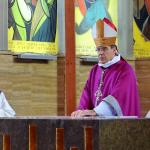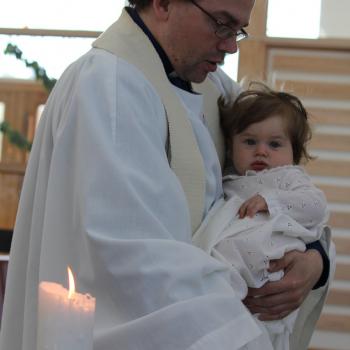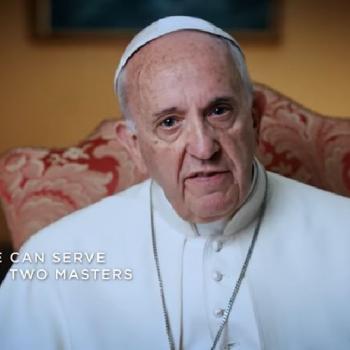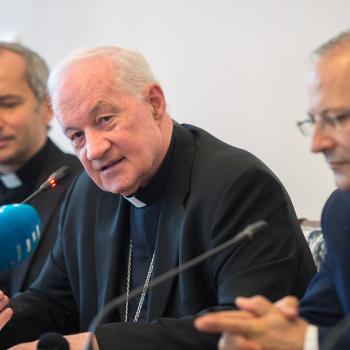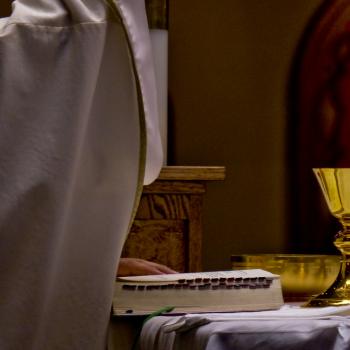Nearly half-a-million Catholics in Bosnia-Herzegovina continue to suffer the pains of the 1992-1995 Bosnian war. In an interview with Aid to the Church in Need the Archbishop of Vrhbosna, Vinko Puljić, has said that the ongoing persecution of the country’s Croat minority means that some 10,000 Catholics are forced into exile every year.
“During the war and in the immediate aftermath of the war most of the Catholics were expelled from their homes and there was a great deal of destruction and looting”, declared Puljić, bringing to mind the fact that an estimated 250,000 of the faithful were forced to leave Bosnia in the three-and-a-half years of fighting.
“After the war there was neither political nor financial support provided for an ongoing return of the refugees and expelled”, continued the prelate: a consequence, he said, of the failure to properly implement the Dayton peace accords which divided the land between Muslim Bosniaks and Orthodox Serbs.
Even today, lamented Puljić, “it is harder” for Catholic Croats “to defend their basic rights”, and more so in a situation of general and ongoing “insecurity… evident today among the people” that continues to force people to leave out of a concern “for the future of their children”.
Describing the discrimination that Catholics face in modern-day Bosnia-Herzegovina, the archbishop of Vrhbonsa lamented that “there are no equal rights for them” in geographical areas dominated by other ethnic groups. An inequality felt in “political and administrative terms and above all where employment is concerned”, said Puljić: a subject also broached by the Bosnian-Herzegovinan bishops in their Plenary Assembly last year, in the face of statistics that suggest that as much as 40% of the Catholic population – and 60% of young people – still can’t find a job, more than twenty years after the end of the war.
This situation of disparity between Muslims, Orthodox and Catholics “has been exacerbated by various negative reports in the media, which have been exploited in order to poison the atmosphere”, the cardinal also denounced. A reference, perhaps, to the Church’s ongoing criticism that the Government continues not only to disrespect the rights of Catholics but also to put all kinds of stumbling blocks in the way of those faithful that have returned to the country and wish to rebuild their homes.
“If there were no more Croats left there, then there would also be no more Catholics, since most of the Croats are Catholics”, deplored Puljić, calling in his interview with ACN for “a situation of equal rights”. Although the cardinal didn’t specify exactly what such a situation of true equality would look like, his fellow bishop Tomo Vuksic – the military ordinary of Bosnia-Herzegovina – was quoted last July as saying that the “starting point” must be the provision of “social services” for “everyone”, “not only in material terms but also at political [and] cultural levels as well as in other areas”.
“Looking at the situation of the Catholic Church in Bosnia and Herzegovina, there is reason to be seriously concerned for the future“, concluded Cardinal Puljić.


